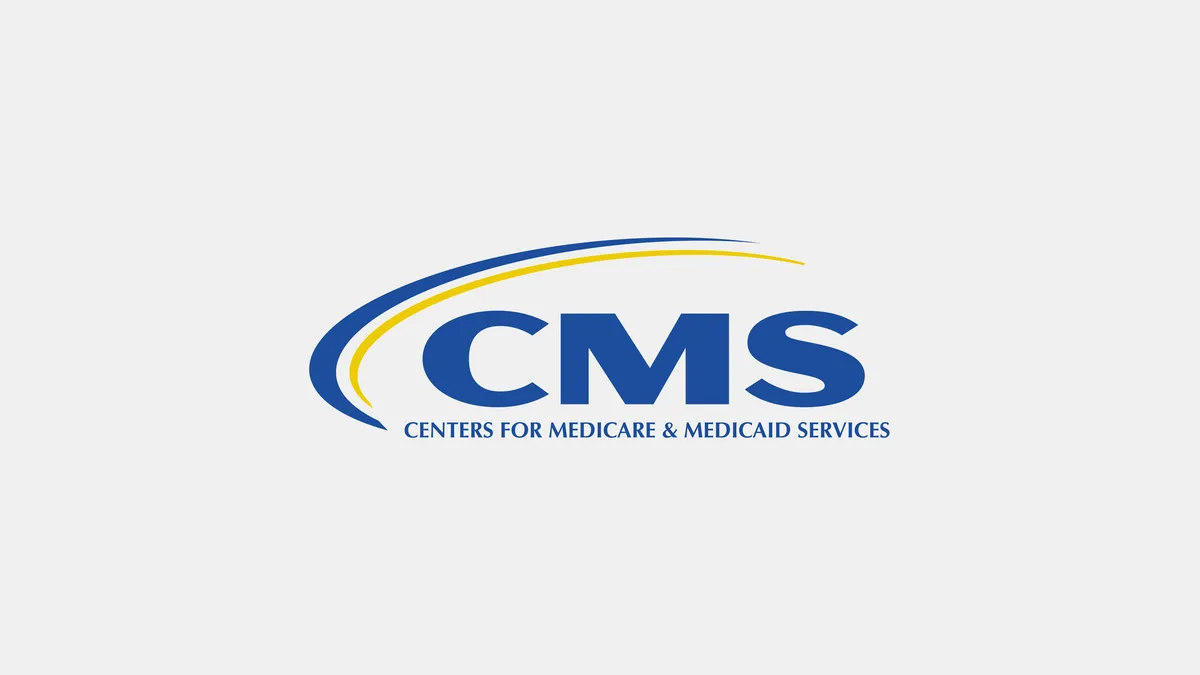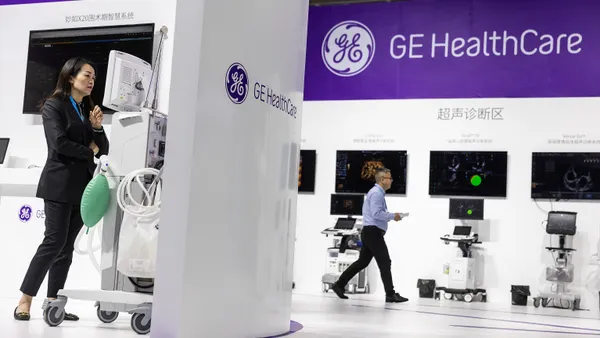Dive Brief:
- CMS outlined its plan on Mar. 8 for the upcoming round of bidding for the Medicare durable medical equipment competitive bidding program. In May, the agency will announce specific dates for registration and bidding, and in June the bid window will open.
- Non-invasive ventilators, off-the-shelf knee braces and off-the-shelf back braces will be new product categories to the DME competitive bidding program for the 2021 round.
- Last year CMS proposed and finalized a rule that overhauled how the DME competitive bidding program is operated. The agency is shifting to lead item bidding, where suppliers submit only one bid for a product category instead of receiving Medicare reimbursement based on a median bid.
Dive Insight:
At the start of 2019, CMS implemented a temporary gap period in the competitive bidding program for two years where any Medicare supplier can provide DME products to beneficiaries while the agency adopts the new bidding system.
For the 2021 bidding round, CMS said it will have 130 competitive bidding areas for 16 product categories including hospital beds, walkers and nebulizers. As a result of lead item bidding the agency moved certain products into smaller product categories.
Tom Ryan, CEO of the American Association for Homecare, criticized the addition of non-invasive ventilators to the competitive bidding program. He argues companies may be forced out of business, disrupting patient relationships.
“Beyond the ventilator issue, we are pleased to see that CMS is making more details available on the 2021 competitive bidding round, and that SPA methodology changes and surety bond provisions AAHomecare has championed are part of the program,” Ryan said in a statement. “Nonetheless, the Association remains committed to advocating for additional long-term reimbursement relief for suppliers outside of competitive bidding areas and addressing unsustainable oxygen reimbursement rates in these areas, as well.”
The refrain is a familiar concern from AAHomecare, which argued the previous competitive bidding program was resulting in access problems for patients.
But the Government Accountability Office determined the concerns were unfounded when it examined the impact of the bidding program on patients.
“GAO's findings are consistent with CMS's monitoring results, which indicate that there were no widespread effects on beneficiary access in the year after the adjusted rates went into effect,” the watchdog's report stated.
“We viewed the temporary gap period as a positive for DME manufacturers such as ResMED, Philips Respironics, Invacare, Inogen, Fisher & Paykel, Smith and Nephew, Apex Medical, and Baxter. Under the final rule, payment rates were essentially frozen (with inflation adjustments) and any enrolled supplier is able to furnish DME items during the gap period," Cowen Washington Research Group's Eric Assaraf wrote in a research note.
Assaraf warned that while a bundled payment program was not introduced for continuous positive airway pressure devices, it is likely coming down the pipeline. Such a move would hurt ResMED and Philips, he noted.
According to the CMS Office of the Actuary, national spending on DME is expected to rise by $36.9 billion by 2027 to $97.8 billion, up from an expected $60.9 billion spent this year.












